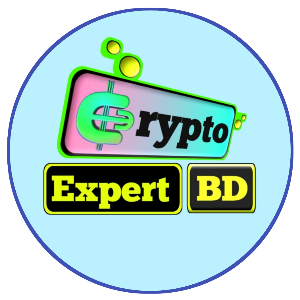In a conversation with crypto.news, Roman Levi, CTO of Playnance, delved into the scalability challenges facing Ethereum and the emerging solutions that might address these issues.
Ethereum, a pioneer in blockchain technology, is known for its emphasis on security and decentralization. However, as the digital landscape evolves, maintaining scalability without compromising these foundational principles has become increasingly challenging. High transaction fees and slower processing times are driving users and developers toward more efficient alternatives.
Levi highlighted several solutions, such as sharding and rollups, which are being explored to balance performance with core principles. Competing platforms like Solana and Polkadot offer innovative architectures that promise greater scalability and efficiency. Solana’s high transaction speed and Polkadot’s parallel chain model exemplify the need for Ethereum to adapt to maintain its leading position.
Emerging Solutions for Ethereum’s Scalability
Levi emphasized the potential of validity rollups, which execute transactions off-chain and submit bundled proofs to the Ethereum mainnet for verification. This approach enhances scalability while preserving decentralization, permissionless transactions, and openness. Account abstraction, which decouples the wallet from the private key, was also mentioned as a significant innovation. Combined with layer-3 technologies, these advancements can offload most in-app actions from the main chain, reducing network loads and increasing throughput.
Ethereum’s Competitors and Their Strategies
Levi compared Ethereum’s strategies with those of its competitors. Solana’s Proof of History consensus mechanism, which timestamps transactions to enhance speed and efficiency, allows it to process thousands of transactions per second, though at the cost of decentralization. Polkadot’s heterogeneous multi-chain framework, enabling parachains to operate in parallel and share security through a main relay chain, requires robust governance.
Ethereum’s commitment to its core values is evident through solutions like validity rollups and ZK-Rollups. Zero-knowledge proofs (ZKPs) offer instant transaction verification, faster finality, and enhanced security. ZK-Rollups aggregate multiple transactions into a single proof, significantly reducing the on-chain data footprint, thus improving throughput and lowering costs.
Learning from Competitors
Ethereum can draw several lessons from its competitors. Avalanche, for instance, uses a novel consensus mechanism allowing thousands of transactions to be processed efficiently. Solana’s combination of Proof of History and Proof of Stake enables it to handle up to 65,000 transactions per second, significantly outpacing Ethereum.
Strategies to Retain Competitiveness
To maintain its competitive edge and appeal, particularly in light of the rise of meme coins on platforms like Solana, Ethereum must focus on developing and adopting Layer 2 solutions. These solutions, including sharding and rollups, can enhance scalability and reduce transaction costs while maintaining security and decentralization.
Levi concluded by stressing the importance of scalability in the rapidly evolving digital landscape. High transaction costs and slower speeds could alienate users and stifle innovation, making it crucial for Ethereum to embrace novel solutions and enhance its competitiveness. By prioritizing speed and efficiency without compromising its core principles, Ethereum can continue to appeal to a broader user base and maintain its leading position in the blockchain ecosystem.
Powered by Crypto Expert BD
Follow us on Twitter: https://x.com/CryptoExpert_BD
Join our Telegram channel: https://t.me/CryptoExpert_BD



